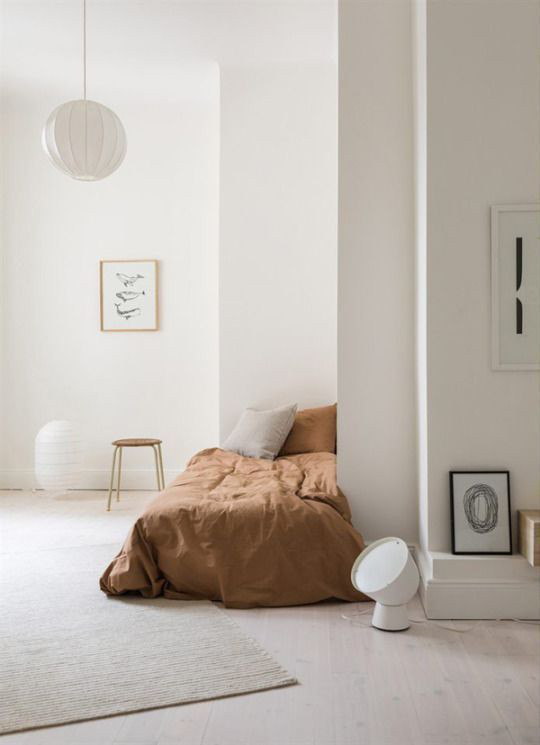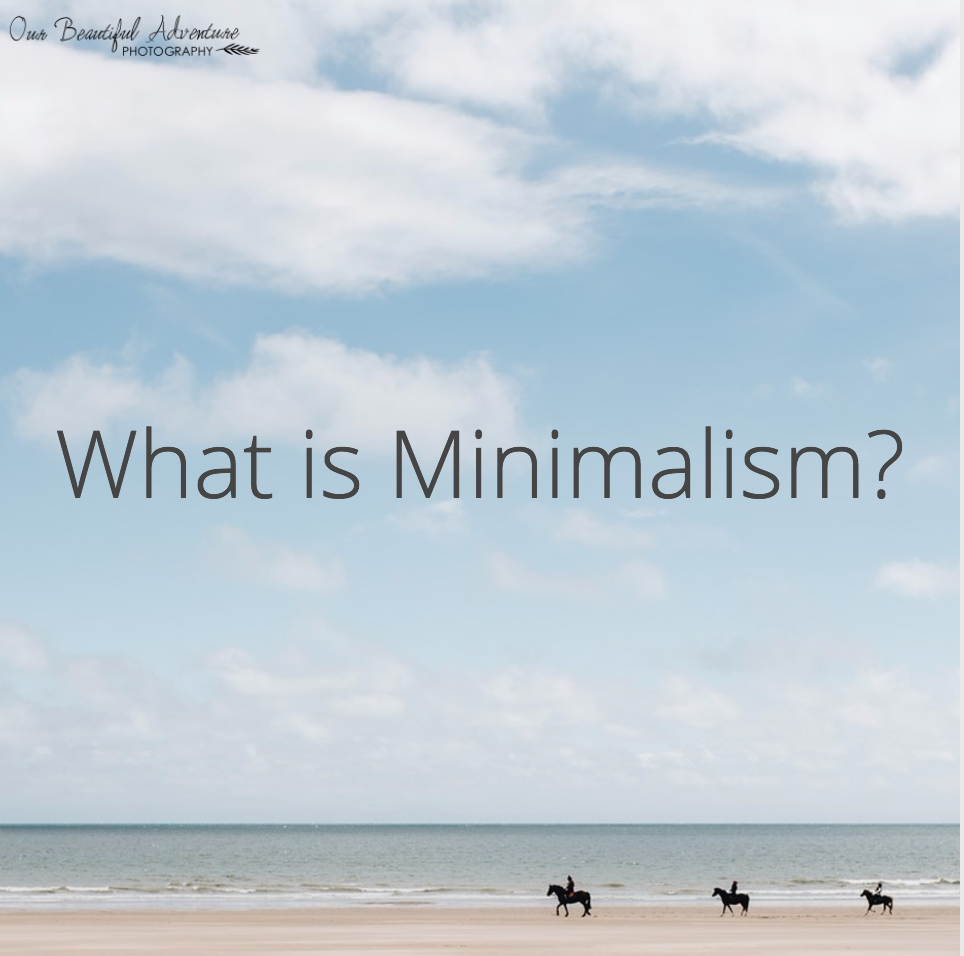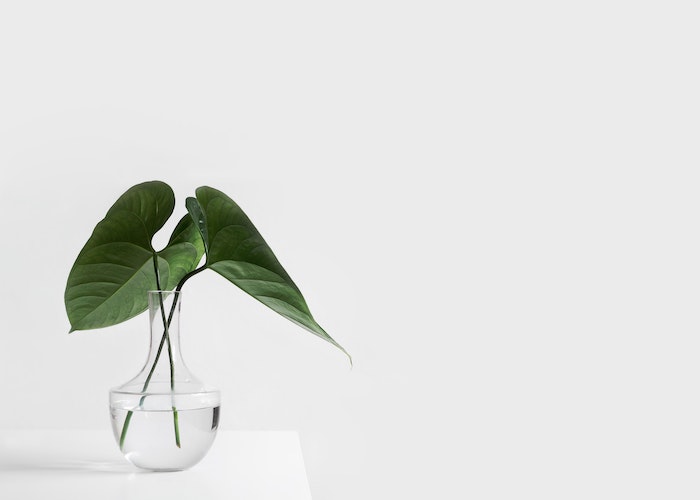Why Minimalism is the Secret to Attaining an Extra Organized and Stress-Free Life
Why Minimalism is the Secret to Attaining an Extra Organized and Stress-Free Life
Blog Article
Understanding Minimalism: Techniques for Lowering Mess and Enhancing Clarity in Everyday Living
Minimalism is progressively acknowledged as a practical strategy to enhancing quality and focus in today's chaotic world. By systematically evaluating our belongings and prioritizing intentionality, we can develop spaces that not just mirror our worths yet also promote psychological wellness. Utilizing methods such as the "Four-Box" technique can help with a more orderly setting, yet real difficulty depends on cultivating a minimalist state of mind that maintains these efforts. Checking out the subtleties of this ideology might reveal unusual understandings into just how you can transform your day-to-day live. What might you find when you embrace this intentional simplicity?
Defining Minimalism and Its Benefits
Specifying minimalism involves recognizing it as a lifestyle option that highlights simpleness and intentionality in both physical properties and day-to-day regimens. At its core, minimalism urges individuals to prioritize what really matters, enabling an extra purposeful and concentrated existence. By removing away the non-essential, minimalism invites individuals to involve deeply with their experiences and surroundings.
It promotes psychological clearness, as decreasing clutter in one's setting can lead to lowered diversions and anxiety. Minimalism promotes monetary freedom; by prioritizing requirements over desires, individuals can make even more enlightened purchasing choices, leading to possible cost savings and reduced debt.
Inevitably, minimalism is not just concerning material decrease but includes an alternative change in perspective, promoting a life identified by function, gratification, and equilibrium. Embracing this way of living can cause profound changes in exactly how people view and engage with the world around them.
Analyzing Your Present Clutter
Clutter frequently materializes as an overwhelming accumulation of items that no longer serve an objective, producing an obstacle to attaining a minimal way of life. Take note of details groups of products, such as apparel, books, or cookware, as this will aid you recognize the range of the clutter.

Furthermore, consider the regularity of use for each thing. Ultimately, understanding your current mess is an important step towards welcoming minimalism and boosting clearness in your everyday living.

Practical Decluttering Techniques
Having assessed your current clutter, the next action is to apply functional decluttering methods that facilitate an even more arranged living space. Minimalism. One reliable approach is the "Four-Box" method, where you designate four boxes identified: keep, contribute, trash, and relocate. This strategy motivates fast decision-making and makes sure products are classified suitably
One more technique is the "One in, One out" rule, which specifies that for every single new thing acquired, an existing product has to be gotten rid read this post here of. This principle assists keep equilibrium and protects against buildup over time. In addition, consider the "30-Day Minimalism Game," where you eliminate one product on the first day, 2 on the second, etc, cumulatively cultivating a sense of accomplishment.
For those that struggle with psychological attachments to possessions, the "Emotional Value" approach can be helpful. Limit on your own to a specific number of valued items, enabling you to value their importance without overwhelming your area. Develop a routine decluttering timetable, whether monthly or seasonally, to keep a clutter-free environment. By employing these techniques, you can produce an extra effective and peaceful space, inevitably enhancing clearness in your daily life.
Producing Willful Areas
Creating intentional rooms entails a thoughtful method to how we layout and arrange our settings, ensuring each location serves a certain function and mirrors our worths. This practice is necessary in cultivating a browse around this site feeling of clearness and purpose in our daily lives. By critically examining the feature of each space, we can eliminate interruptions and enhance our total wellness.
To develop intentional areas, begin by recognizing the primary activities that will occur in each location. As an example, a home workplace ought to be designed to promote productivity, integrating elements such as appropriate illumination, comfy furnishings, and very little interruptions. On the other hand, a leisure location should advertise tranquility, including relaxing shades and comfortable seating.
In addition, take into consideration the psychological influence of your environments (Minimalism). Integrating individual products that reverberate with your worths, such as art work or plants, can boost the link to your area. On a regular basis examine these atmospheres to ensure they continue to offer their desired objective as your requirements advance
Eventually, creating willful spaces is concerning making conscious choices that straighten with your way of living, promoting consistency and performance in your living and working atmospheres.
Preserving a Minimalist State Of Mind
Embracing a minimal attitude requires ongoing representation and intentionality in our actions and thoughts. This method includes cultivating recognition of our values and priorities, enabling us to filter distractions and concentrate on what truly matters. To maintain this way of thinking, regular self-assessment is crucial. Allot time to assess your commitments, properties, and even digital material, ensuring they straighten with your core concepts.
An additional key approach is to exercise gratefulness. Recognizing what you already have fosters contentment and minimizes the need for extra. This change in point of view urges gratitude for simplicity, enhancing total health. Integrating mindfulness strategies, such as reflection or journaling, can better reinforce a minimal state of mind by promoting clearness and lowering psychological mess.
In addition, develop limits to secure your energy and time. Discover to say no to non-essential responsibilities and interruptions that do not contribute to your personal growth. Border yourself with like-minded individuals who sustain your minimalist trip, as shared worths can boost motivation and liability.
Final Thought
In conclusion, accepting minimalism uses considerable benefits, including reduced mess and boosted clarity in over here daily life. The concepts of minimalism serve as useful tools for cultivating a setting that sustains personal growth and health.

Furthermore, take into consideration the "30-Day Minimalism Video Game," where you remove one item on the initial day, two on the second, and so forth, cumulatively fostering a sense of achievement.
In conclusion, embracing minimalism supplies significant benefits, consisting of lowered clutter and enhanced clarity in day-to-day life.
Report this page